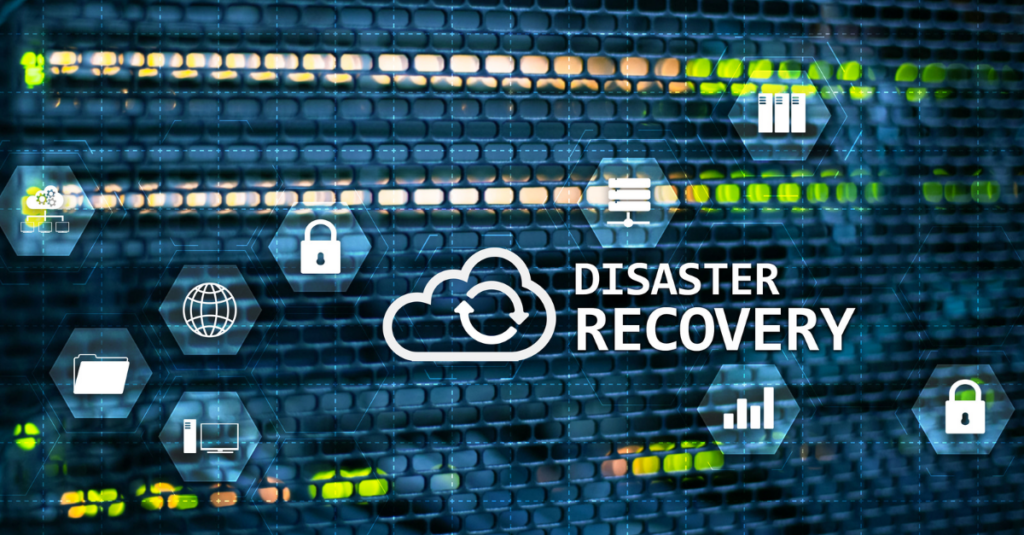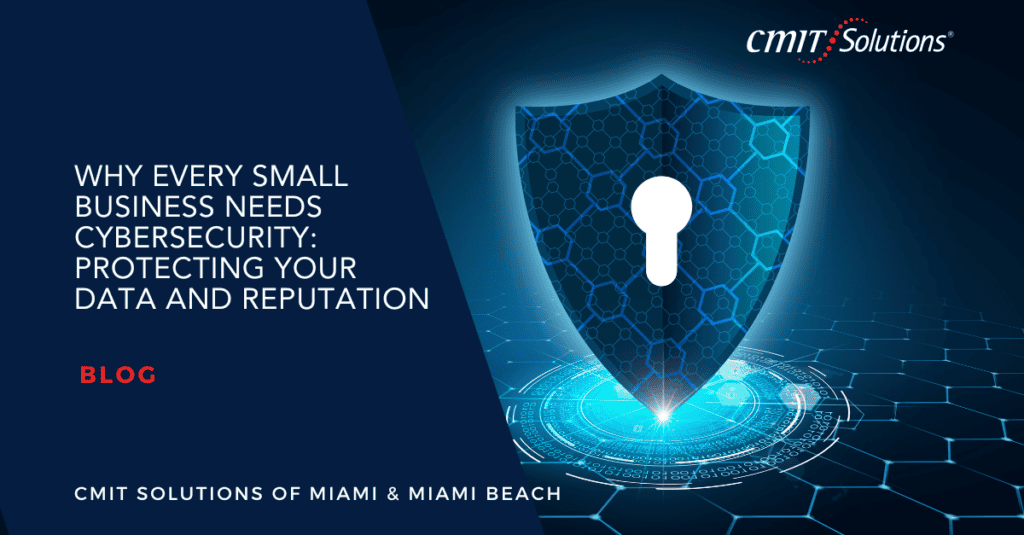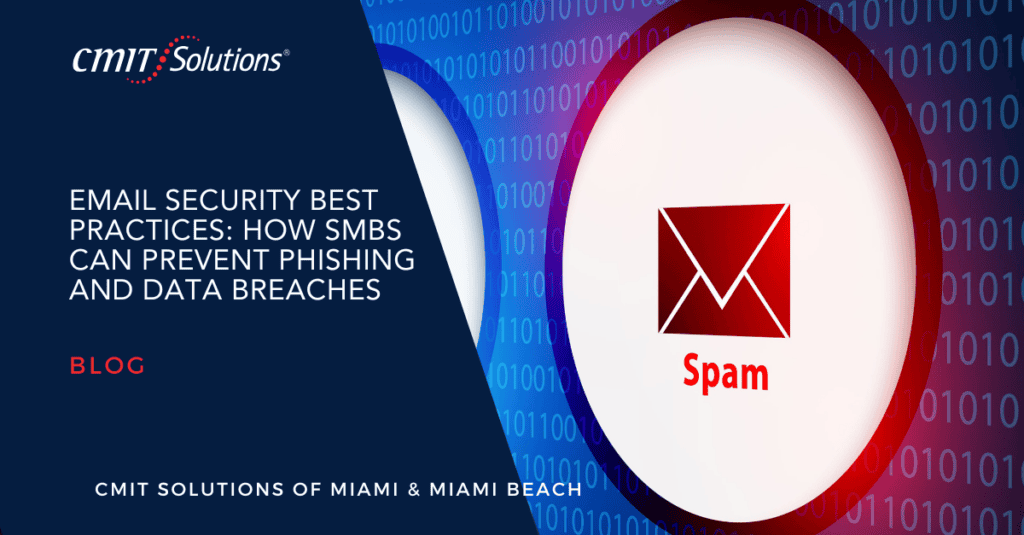Introduction: The Rising Importance of Cybersecurity in Miami
Miami’s thriving business environment continues to grow in 2025, making cybersecurity more critical than ever. From tech startups in Brickell to established businesses in Coral Gables, organizations must recognize that digital threats are evolving faster than traditional security measures. Today, understanding cybersecurity isn’t optional; it’s a fundamental aspect of business survival.
Businesses that neglect cybersecurity face not only financial losses but also reputational damage and potential legal penalties. With the stakes so high, companies must develop comprehensive, proactive strategies that protect sensitive data and ensure operational resilience.
Understanding the Evolving Cyber Threat Landscape
As technology advances, so do cybercriminals. Phishing, ransomware, and advanced persistent threats (APTs) are now more sophisticated. In fact, cyber threats are rising, with small and medium-sized businesses (SMBs) being particularly vulnerable due to limited security budgets.
Newer threats like AI-powered attacks and supply chain vulnerabilities mean Miami businesses must stay vigilant. Implementing real-time threat detection, like endpoint protection and network monitoring, is no longer a luxury but a necessity.
Why a Proactive Cybersecurity Approach Matters
Reactive cybersecurity models—responding to attacks after they occur—are outdated. Businesses must anticipate and defend against threats proactively. Partnering with managed IT services offers companies the advantage of expert monitoring and quick incident response, reducing risks dramatically.
Proactivity also means regular vulnerability assessments, patch management, and employee training to recognize and avoid common threats like phishing scams.
Building a Solid Foundation: Essential Cybersecurity Practices
1. Implement Strong Access Controls
Restricting access to sensitive information through multi-factor authentication (MFA) and robust password policies is crucial. Businesses should regularly review user permissions to ensure only authorized personnel have access.
2. Secure Your Email Communications
Email remains a primary attack vector. Adopting email security best practices, such as using encryption and advanced spam filters, helps prevent phishing attacks and data breaches.
3. Backup Your Data Effectively
A reliable data backup and recovery plan protects against ransomware and other threats. Choosing the right backup solution is critical. Learn how to choose the right data backup solution to ensure your business can quickly recover from any cyber incident.
Leveraging Cloud Services for Enhanced Security
Cloud computing has transformed business operations, offering flexibility and scalability. However, security must be a top priority. Businesses embracing cloud services should ensure providers offer end-to-end encryption, regular audits, and robust compliance certifications.
Small businesses can achieve significant benefits by understanding how cloud services empower businesses with improved security and scalability.
Compliance: Navigating Regulatory Requirements
Regulatory compliance is an integral part of cybersecurity. Industries such as healthcare, finance, and legal services must adhere to stringent data protection laws.
Staying updated on regulatory changes and adopting best practices can be challenging, but resources like compliance guides for small businesses can help businesses streamline their compliance journey while enhancing cybersecurity.
The Role of Data Backup and Disaster Recovery Planning
An effective cybersecurity strategy includes disaster recovery. If a breach or disaster occurs, businesses must restore operations quickly to minimize downtime and losses.
The importance of data backup and disaster recovery cannot be overstated. Without these plans, businesses risk extended outages, customer dissatisfaction, and lost revenue.
Strengthening the Human Firewall: Employee Training
Employees are the first line of defense. Educating your workforce through cybersecurity training programs reduces the likelihood of human error leading to a breach.
Training topics should include:
- Recognizing phishing attempts
- Safe internet browsing habits
- Proper handling of sensitive data
- Reporting suspicious activities
Offering regular and updated effective cybersecurity training ensures your employees remain vigilant and informed.
Incorporating AI and Advanced Security Tools
Artificial Intelligence (AI) has emerged as a powerful ally in cybersecurity. AI-driven solutions can detect anomalies, predict attacks, and respond faster than human analysts.
Understanding the evolution of AI in business helps Miami businesses adopt cutting-edge technologies that not only enhance security but also drive operational efficiency.
Solutions like Microsoft Sentinel offer SIEM (Security Information and Event Management) capabilities, providing holistic security visibility and rapid threat detection.
Ensuring Business Continuity in a Digital World
In 2025, ensuring uninterrupted business operations means integrating cybersecurity into business continuity planning. It’s essential to prepare for various scenarios, including cyberattacks, natural disasters, and system failures.
Miami businesses can foster technology-driven business resilience by investing in comprehensive risk management strategies that address cybersecurity at every level.
Unified Communications and Cybersecurity Synergy
With hybrid work becoming more permanent, businesses increasingly rely on unified communications (UC) platforms to stay connected. Securing these platforms against data interception and unauthorized access is crucial.
By adopting strong cybersecurity frameworks, companies can fully optimize hybrid work environments while ensuring data protection and seamless collaboration.
Cybersecurity Trends Miami Businesses Should Watch in 2025
1. Zero Trust Architecture
Zero Trust requires verifying everything inside and outside the network before granting access. This model significantly reduces the attack surface.
2. Advanced Endpoint Detection and Response (EDR)
Endpoints are common entry points for attackers. Investing in advanced endpoint detection and response helps businesses quickly identify and contain threats.
3. Security Automation
Automating repetitive security tasks boosts efficiency and reduces human error.
4. Growing Importance of Cyber Insurance
Cyber insurance can provide financial protection against damages resulting from cyber incidents, but businesses must first establish strong preventive measures.
5. Privacy and Data Protection
Consumer demand for privacy is growing. Businesses must prioritize data protection or risk losing customer trust and facing regulatory fines.
Conclusion: Preparing for a Secure Future
As Miami businesses embrace 2025, a strong cybersecurity posture is no longer optional—it’s essential for success. From implementing multi-layered security strategies to fostering a culture of cybersecurity awareness, proactive measures will define the businesses that thrive versus those that falter.
Partnering with experts and investing in comprehensive cybersecurity services ensures your business stays resilient in a rapidly changing digital world. As you move forward, remember: cybersecurity isn’t just an IT issue—it’s a core business priority that protects your future.






